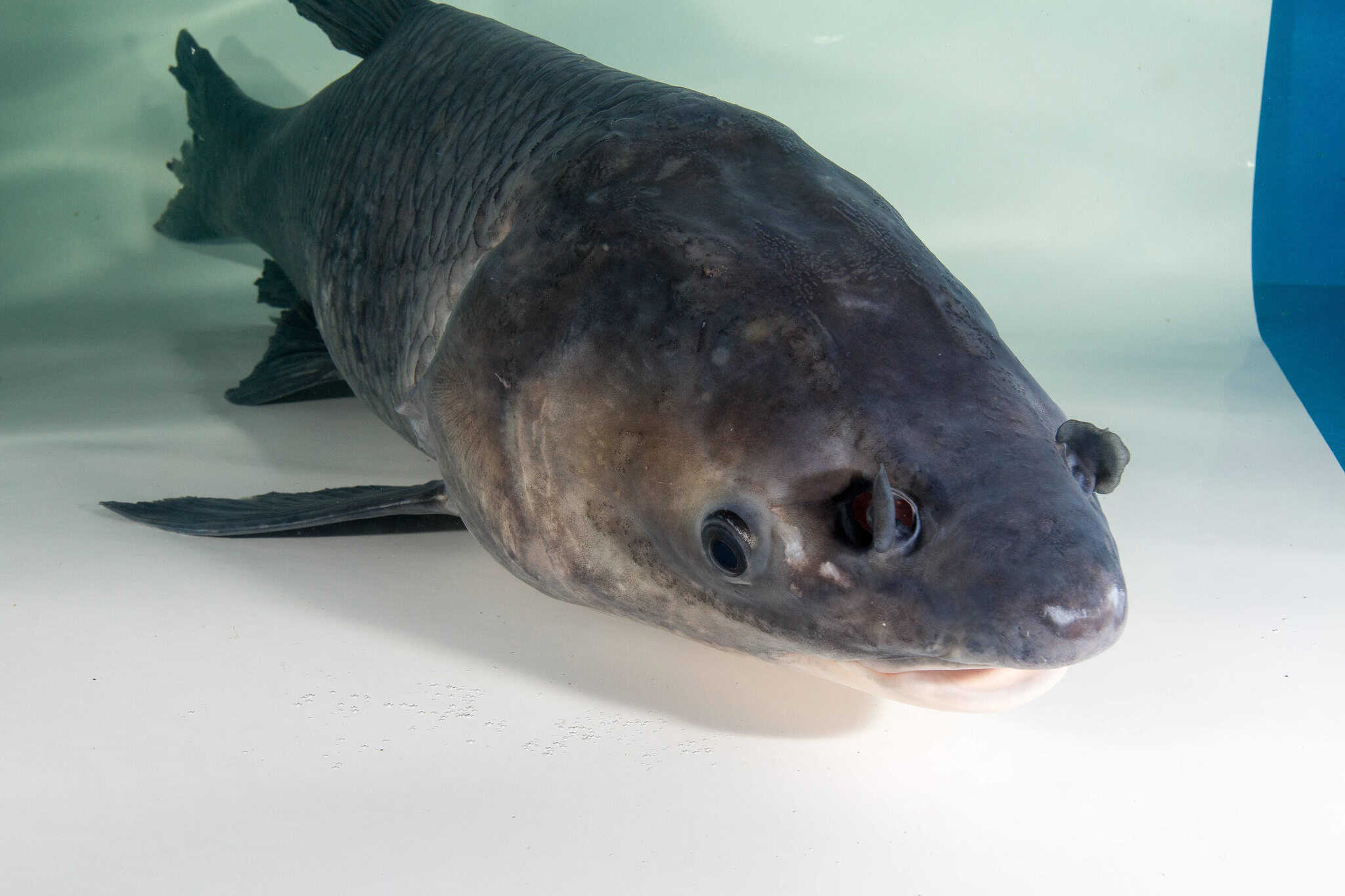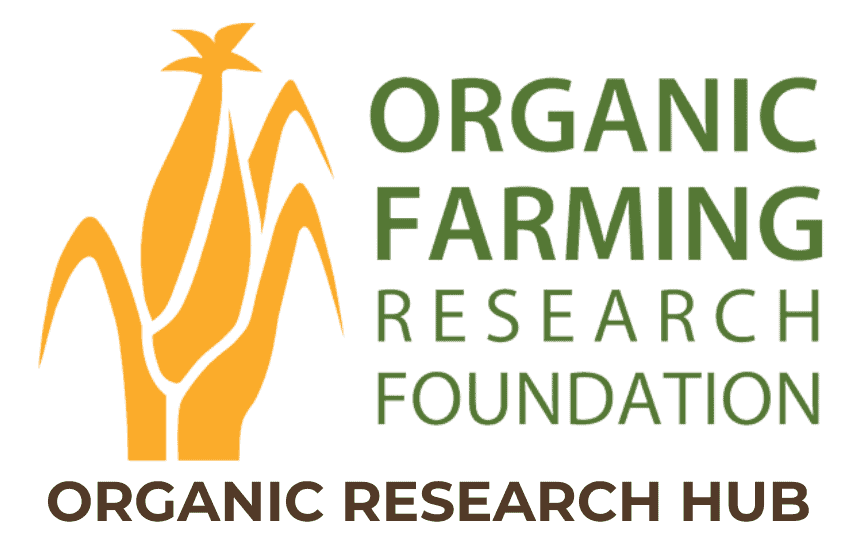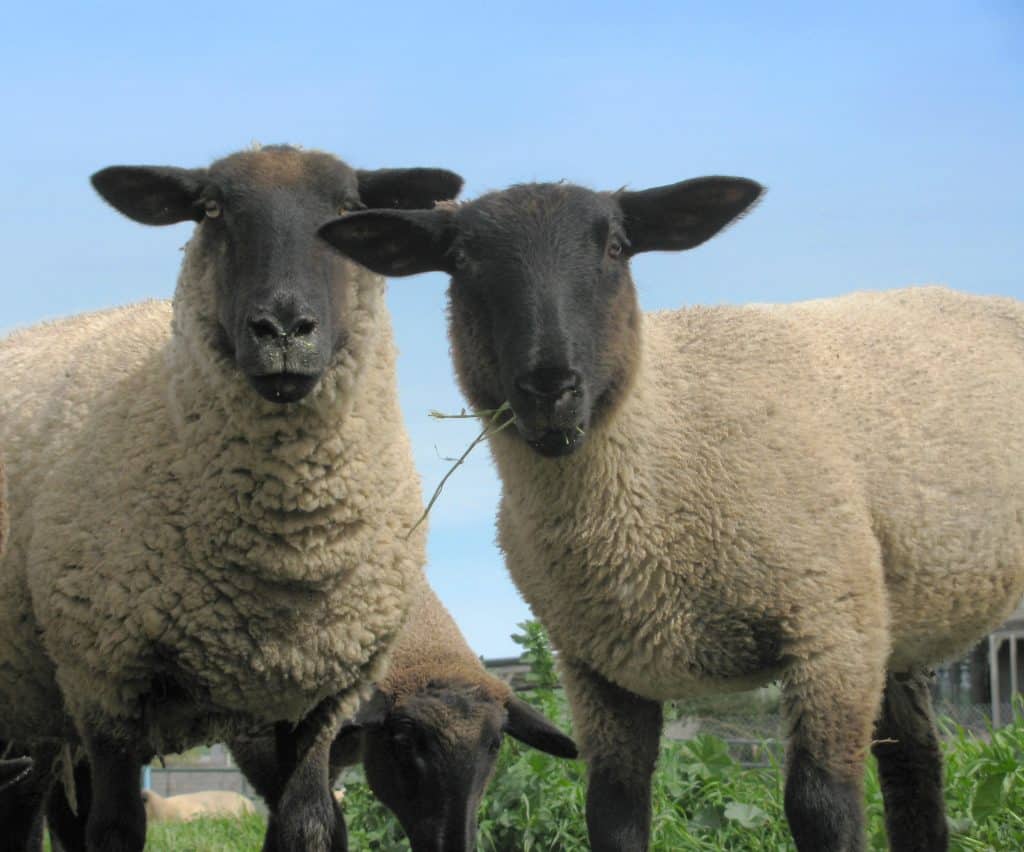Exploring Invasive Asian Carp as Sustainable Fish Meal in Organic Poultry Feed
Project Director: Dan Donoghue, University of Arkansas
Project overview
Providing sufficient methionine in organic poultry feed rations for optimum bird health and production has posed major challenges in organic poultry production. While NOP currently allows synthetic dl-methionine for poultry and egg production, the National Organic Standards Board has prioritized development of practical sources of natural l-methionine for poultry diets so that use of the potentially less-healthful synthetic form can be phased out.
Fish meal is an excellent source of natural methionine but it often contains a NOP-prohibited synthetic preservative, ethoxyquin, and demand for fish meal can deplete stocks of ocean fish. Asian carp is an exotic invasive species of fish that has degraded many fresh waterways in the US. Unlike exploitation of keystone species of marine fish such as menhaden for feed supplements, harvesting Asian carp from US waterways could provide an ecosystem service.
This research sought to evaluate the potential for Asian carp meal to provide methionine to broiler diets, leading to improved growth rates, feed efficiency, and meat and egg quality,

Farmer takeaways
- Carp-based fish meal serves as an efficient, natural source of protein and amino acids (including methionine) and may be a suitable, organic replacement for synthetic methionine sources in commercial poultry feed.
- Broiler chickens maintained on carp-based fish meal diets do not differ significantly in body weight, feed conversion ratio, or meat quality from broiler chickens maintained on synthetic commercial feeds.
Project objectives and approach
Evaluate organically suitable preservatives for Asian carp derived fish meal, including tocopherols (Vitamin E)
- Naturox, a natural tocopherol preservative, was added to a 1:1 mixture of soybean meal and dried Bigheaded carp fish meal to extend shelf life. Oxidative stability, proximate analysis, amino acid composition, digestible amino acids, and true metabolizable energy (TMEn) for the extruded carp-based meal (CBM) were evaluated periodically.
Compare growth parameters, feed efficiency, and meat quality for poultry raised on carp-based fish meal diets and synthetic methionine-source diets
- Chickens were divided into two groups (control/no CBM and CBM) and fed their respective diets from 1 to 42 days of age, after which they were evaluated for body weight, feed intake, feed conversion ratio, and meat quality.
Evaluate egg quality and production parameters for layer hens raised on carp-based fish meal diets and synthetic methionine-source diets
Key findings
Carp-based fish meal serves as a an efficient, natural source of protein and amino acids (including methionine) for organic poultry production
- Broiler chickens raised on the CBM diet maintained comparable body weights, feed intake rates, and feed conversion ratios to broiler chickens raised on synthetic commercial diets.
- Nutritional analysis of the CBM diet revealed that carpmeal is an efficient source of protein and amino acids, including methionine.
Carp-based fish meal may be able to replace synthetic methionine sources in commercial poultry feeds, with minimal impact on post-harvest meat quality
- Carcass analysis revealed that broiler chickens raised on carp-based fish meal diets did not differ in live weight, carcass weight, breast weight, ready-to-cook yield, wing yield, tender yield, or thigh yield.
- No significant difference in meat color, cook loss, or texture was observed between birds in the two treatment groups.
Location
ArkansasCollaborators
Region
Southern
Topic
Climate Solutions, Livestock Feeding
Category
Livestock



